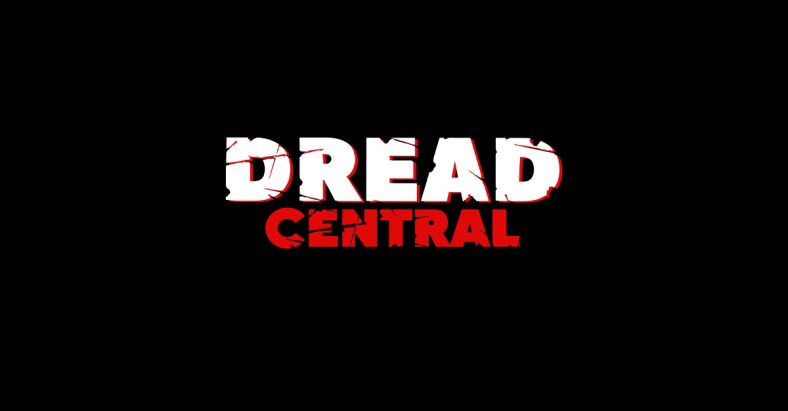Why We Write About Horror Amidst Tragedy

Last night the United States was the victim of its worst mass shooting in the country’s history. As of this writing, at least 58 people were murdered and over 500 were injured by a man whose name I will not write, who shot from a high vantage point at the Mandalay Bay Resort into a crowd at a country music festival.
Like so many other mass shootings, it was a senseless act of violence. I won’t go into my own political thoughts on how tragedies like this can be averted because it’s not my place to foist my opinions on anyone. Instead, I will use this platform to mourn the dead, send my thoughts to the injured, and wonder what it will take to see some sort of change so that events like this can fade into history.
I’ve been asked how I can write about horror during such times, which I feel is a valid question. It’s not that I believe horror has no place during these moments; it’s that I feel some people don’t have the context or understanding of horror to understand why it’s so necessary.
The Greek philosopher Aristotle was believed to have coined the term “catharsis,” which he described as using performing arts of the time, such as plays, to purge ill thoughts and negative emotions from one’s self. It’s an incredibly powerful concept and one that is all too necessary and precious in times like these. In his piece Violent media may have a cathartic role in healthy lives, Virginia Tech Associate Professor of Philosophy James C. Klagge wrote, “It seems likely that [violent video games, horror movies, and heavy metal] tap something in us, or in some of us.” Meanwhile, in their 2005 Journal of Media Psychology paper The psychological appeal of movie monters, Fischoff et al. stated, “Movie monsters provide us with the opportunity to see and learn strategies of coping with real-life monsters should we run into them, despite all probabilities to the contrary.”
Many of us are drawn to the more controversial forms of media for a wide variety of reasons. As a lover of heavy metal, violent video games, and horror (across all media), I know all too well the stigma that comes from associating myself with such genres. The problem I see is that some people are happy to immediately jump to conclusions without having even the most basic of curiosity so as to ask “Why?”
I don’t watch horror because I love seeing people get killed. I mean, I DO, but that’s a bonus. Who doesn’t get a cathartic sense of joy when seeing the asshole get their comeuppance? No, I watch horror because I love seeing people survive. I watch it because I get to see people realize that life is so worth living, that it’s so worth enjoying, that they are willing to fight for even one more second. It’s those moments that fill me with inspiration and joy.
It’s seeing Lili Taylor’s “Carolyn Perron” exorcised by memories of love and family in The Conjuring. It’s seeing Heather Langenkamp’s “Nancy Thompson” realize that Freddy Krueger is nothing more than a nightmare, something she is old enough to see as powerless. It’s seeing Neve Campbell’s “Sidney Prescott,” even though she lives in a self-imposed exile, become a crisis counselor for others, despite all the trauma and tragedy she herself has gone through.
These are but a microscopic amount of examples of horror characters who prove that there is good in this world. These are characters who show growth, poise, grace, and strength far beyond what many of us are capable of. They are inspiring, at least to me. And if I find inspiration in horror, does that not prove its importance and necessity, even in the darkest of times?
By now we’ve all heard the phrase, “Look for the helpers.” In events like these, they are the people who rush to the aid of those fallen. They are the first responders who throw themselves into the fray, regardless of the risk to their own lives. And for many, they are the ones who help afterwards.
If you wish to help those who are in need, I recommend giving blood at your local Red Cross. For those who wish to show that horror can help, don’t forget that Jigsaw is continuing the tradition set out by Saw for their own blood drive, which you can read about here. By their own statement, the Saw charity blood drive has accumulated over 120,000 pints of blood, saving more than 360,000 people.
Horror may be known for bringing about death and violence. But let us not forget that it also celebrates the triumph of survival and the power of helping those around us. In times like today, I think we could all use that reminder.

Categorized:Editorials News

